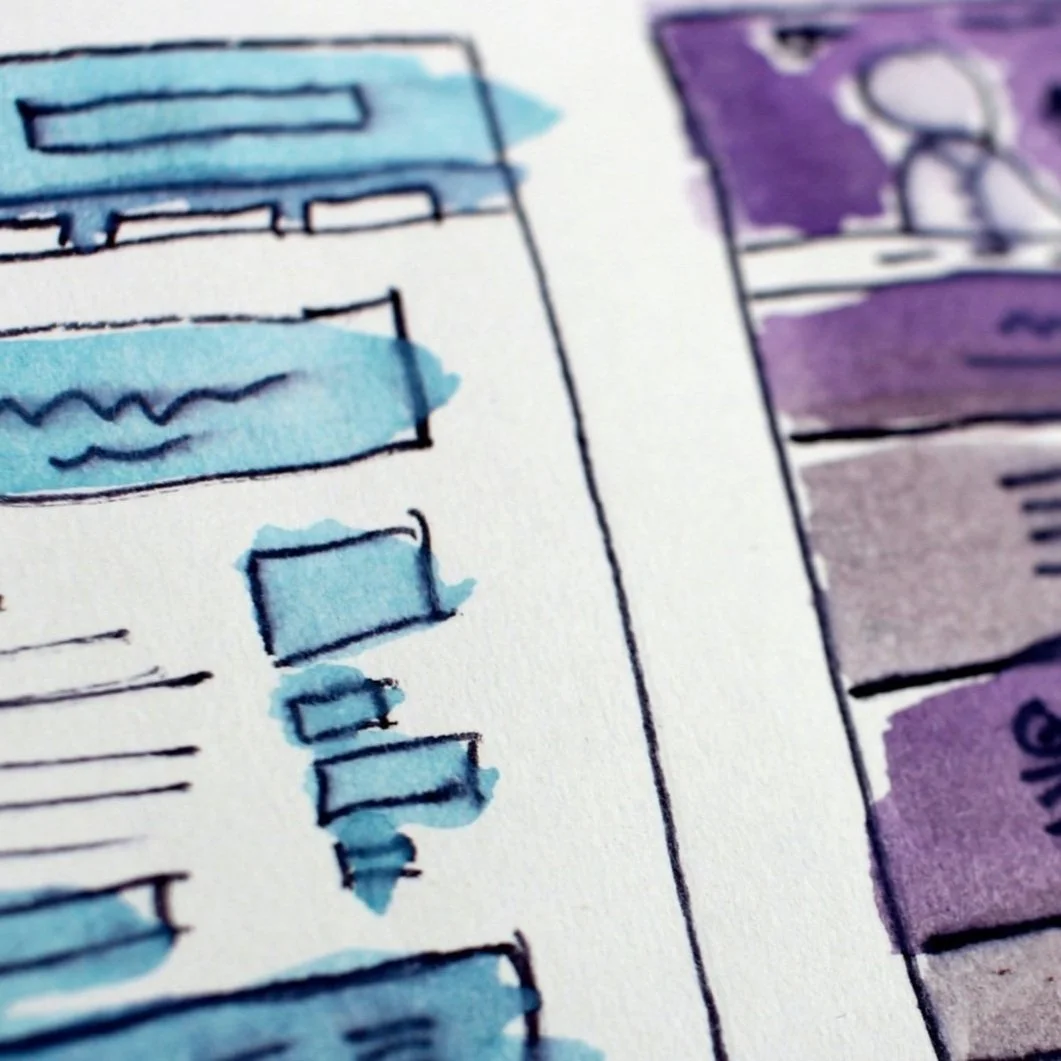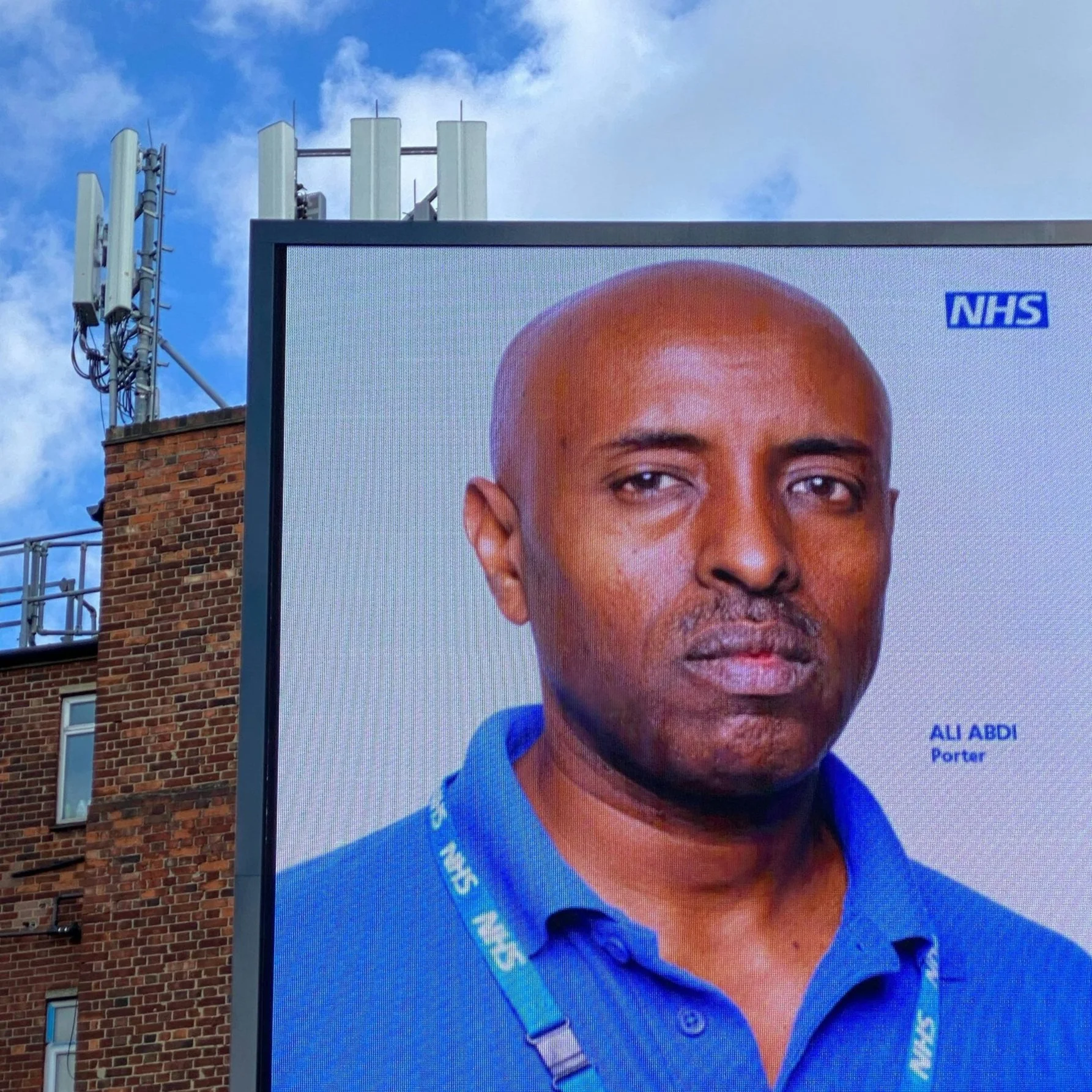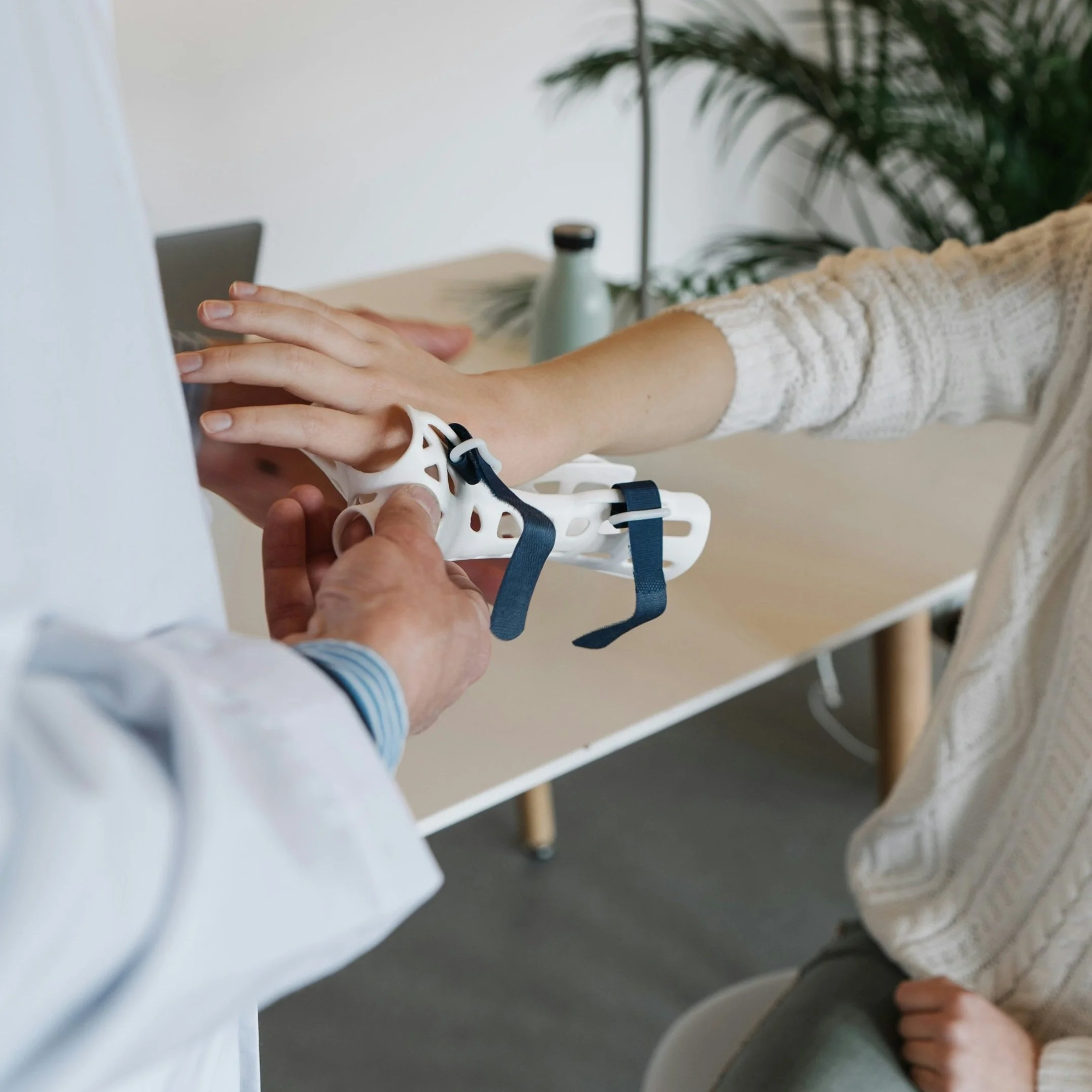
Regenerative economic transitions
-
In my PhD research, "Commoning by Design," I developed practical tools, such as the Commoning Compass and Commoning Cards, to help organisations redesign their operations for improved stewardship and community well-being.
This research explored how commoning principles can drive systemic transitions, offering the foundation for a new methodology tailored for change-makers and designers. It is deeply rooted in the economic theory of the commons, providing a framework for creating more equitable and sustainable systems.
Digital accessibility in regional government
-
For the City of Cologne, I led a digital accessibility initiative to ensure compliance with Germany’s Barrier-Free Accessibility Act.
I developed guidelines and concepts to enhance inclusivity by analysing and improving website features. This involved conducting user research through interviews and co-creation workshops with people with disabilities, identifying specific barriers and opportunities for improvement.
Driving regenerative business model adaptations in the construction sector
-
For UnternehmerTum, I empowered leaders from the German building industry in regenerative leadership through off-site workshops immersed in nature.
This initiative, conducted with various CEOs, fostered environmental responsibility and raised awareness of necessary business model adaptations for a resilient future.
Global CX playbook
-
For Adidas, I prioritised customer experience by creating the first version of the Adidas CX Playbook, a toolkit designed to help teams incorporate customer insights into new services and strategies.
This initiative played a key role in shifting the organisational culture towards a more customer-focused mindset, fostering better alignment with customer needs and expectations.
Sustainable supply chain expansion
-
At Adidas, I assessed the feasibility and importance of expanding international shipments to underserved markets, with a focus on building more sustainable supply chains.
This involved aligning key performance indicators (KPIs) to integrate sustainability targets, ensuring that business growth and environmental responsibility worked hand-in-hand.
Toolkit for experience-based design in health
-
With the NHS UK, I trained over 3000 healthcare employees in using the Experience-Based Design toolkit.
Through user research, surveys, interviews and co-creation workshops in various UK healthcare settings, I tailored training programs and fostered internal skills in design thinking and innovation across the UK health sector.
Climate friendly heating solutions
-
With Techem, a German energy services company, I co-created a behavioural change framework to improve tenants' energy efficiency.
Through qualitative studies, including in-depth interviews and observational studies, we understood tenants' heating behaviours.
Using nudging approaches, we explored the necessary changes to improve energy efficiency.
National Health Service care home improvements
-
For the NHS and the Department of Health in the UK, I co-created a national improvement program for care homes.
Through ethnographies, participatory design workshops and feedback sessions with care home staff, patients and families, we integrated user feedback to create a nationwide toolkit to enhance daily care practices and operations.
LGBTIQ+ equality and acceptance
-
At the Ministry for Children, Families, Refugees and Integration of Nordrhein Westfalen, I helped develop high-level policy guidelines for LGBTIQ+ equality and acceptance.
Using design thinking, we engaged the community through sessions and workshops with LGBTIQ+ individuals.
Patient-centric operations
-
For the pharma company UCB, I co-created a patient-centric journey map for individuals with restless leg syndrome.
This project identified additional support services that improved the experience of using UCB drugs.
Enhancing the injection experience
-
For AbbVie, I conducted user research to explore patient experiences with a medical injection device.
Detailed interviews and staff and patient feedback identified areas of improvement and enhanced the overall user experience and effectiveness of the device.
Fostering patient-centricity
-
For Sanofi, I built an innovation competence program that enabled innovation teams focus on patients. A design toolkit included new roadmaps and value propositions to help patients achieve their health goals.
Through coaching and mentoring, I facilitated the development of strategic plans that align with patient needs and drive service innovation.












